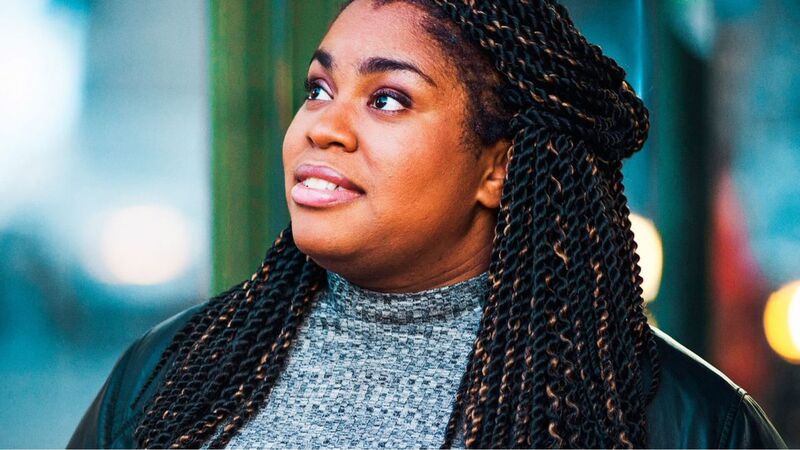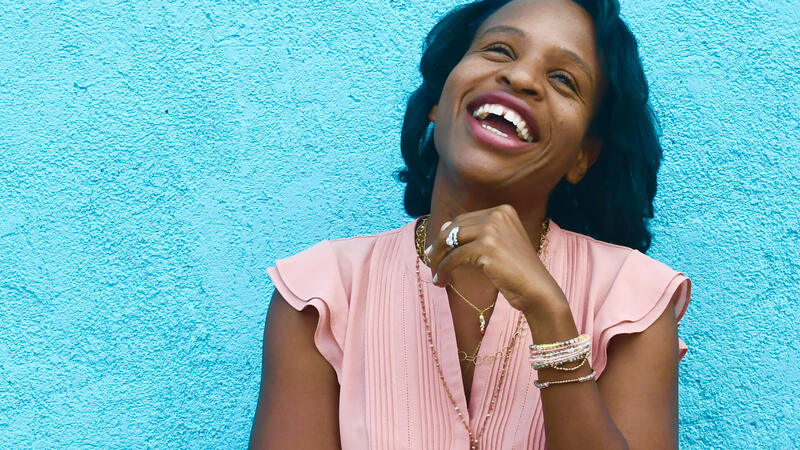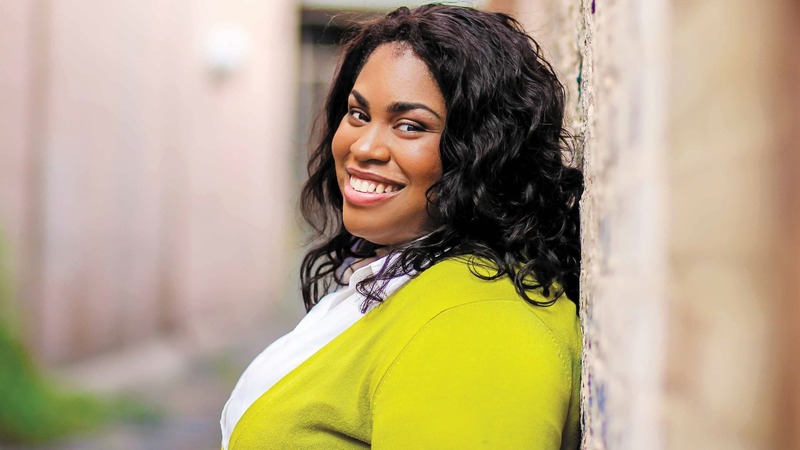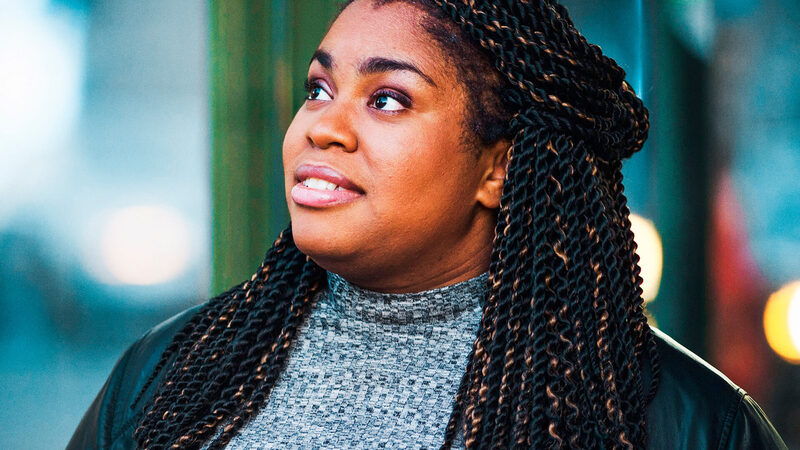You are viewing your 1 free article this month. Login to read more articles.
'You don’t need to be a superhero to change the world'
Like many of you, I am tired. I don’t mean physical exhaustion, although I think every author can relate to the kind of exhaustion that comes with a deadline. As a young black woman, the exhaustion I’m speaking of goes beyond physical. It is emotional, it is mental. You see, I am tired of talking about racism.
I am tired of black bodies being devalued and discarded. I am tired of racism being explained away. I am tired of political leaders who dehumanise those who are not like them. I’m tired of injustice. I’m tired of inequality. I’m tired of demanding diversity in an industry where it should be a given if books are to truly reflect the world. I’m tired of this rampant idea that if publishing acquires a book by someone like me, it was only done so they could fill in a box on their diversity checklist. So yeah, I’m tired.
But I’m hopeful. As someone who comes from a country that is currently ripping children from their mothers’ arms and throwing them into what are essentially concentration camps, I somehow have hope. My hope is not in those who call themselves leaders. My hope is in those who do not realise they are leaders. My hope is in you. It’s in the young people I meet both in the US and here, who not only want to change things but are taking steps to change things.
It’s in those students in Parkland, and those young black people who, for years, have spoken out against gun violence. It’s in a 13-year-old girl by the name of Marley Dias who didn’t see enough books about black girls and decided to make herself heard. It’s in 18-year-old Amika George, from London, who is speaking out against period poverty. It’s in Olivia Francis-Cornibert and Shiden Tekle, also from London, who re-created Hollywood posters using black actors to show just how much of a diversity problem we actually have.These young people give me hope that far outweighs my exhaustion. And they’ve proven something that children’s literature has shown us for decades: anyone can be a hero. Yes, even you.
Small changes I hope that every single person in this room understands their significance in the fight against injustice. It may seem like a huge task that is impossible to tackle. But remember this: there was once a young man, born by the name of Michael King, who simply loved to sing in the church choir. He went on to become Martin, and his dream changed the world.
You have the chance to be the hero of this narrative, and you don’t need a wand, or any sort of superpower, to be that hero. You simply need to care. You need to care about this world beyond yourself and care enough to fight the good fight.
The only way we will rid our society of racism, sexism, homophobia, ableism and so many other “-isms” is to acknowledge they exist in the first place and to recognise them around us. Once we do, we must work to get rid of them. And by doing that, we will change the world.
My challenge to you is to acknowledge these things, recognise them, and care so much that it angers you, frustrates you, and exhausts you. By doing so, maybe one day there will be another Angie Thomas on this stage, and maybe she will not be as tired as I am.
This is an edited extract of a speech Angie Thomas gave at the British Library, on accepting the Amnesty CILIP Honour Award for her novel The Hate U Give (Walker Books).




















